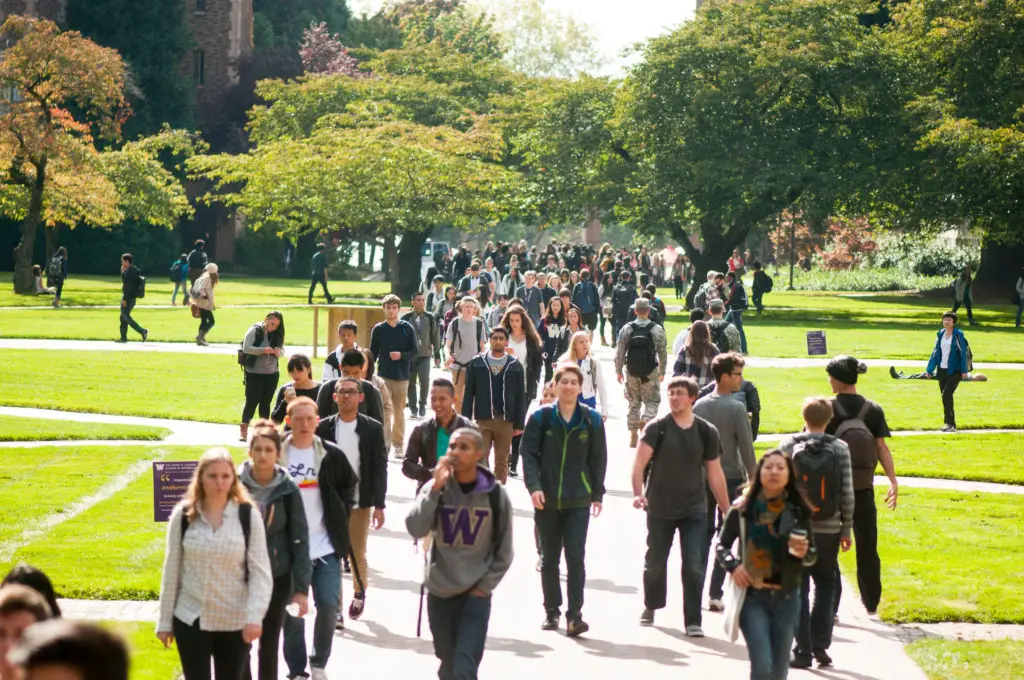Only half of the campus alcohol policies at 15 colleges and universities in Maryland were found to be “most effective” in reducing excessive drinking, a new study conducted by the Johns Hopkins Bloomberg School of Public Health has found.
The study, published online in the journal Alcoholism: Clinical and Experimental Research, rated 35 campus alcohol policies and 13 sanctions commonly included in campus alcohol policies among the 15 partner schools in the Maryland Collaborative to Reduce College Drinking and Related Problems. The policies and sanctions were rated on the basis of accessibility, clarity, policy effectiveness, and effectiveness.
The panel, made up of 12 alcohol policy experts and university officials, determined that only 17, or 49 percent of the policies qualified as “most effective.”
Banning alcohol consumption in public places was identified as the most effective strategy by the panelists, along with banning alcohol at student recruitment events, prohibiting alcohol delivery to campus, prohibiting drinking games, and conducting mandatory ID checks at all campus events with alcohol.
“Our intent is to offer meaningful feedback for colleges in Maryland and across the U.S. to use to reduce excessive drinking and promote the well-being of their students,” Molly Mitchell, a senior program manager with the Center on Alcohol Marketing and Youth in the Bloomberg School and a co-author of the study, said.
“For a campus alcohol policy to be effective, students must be aware of it, must be able to understand it, and it must include policies that evidence suggests will be effective at reducing the availability of alcohol.”
According to National Institute on Alcohol Abuse and Alcoholism, many students come to college with established drinking habits resulting in the death of about 1,825 students between the ages of 18 and 24 from alcohol-related, unintentional injuries each year. The institute further noted that about 696,000 students between the ages of 18 and 24 are assaulted by another student who has been drinking.
The researchers found that accessibility to campus alcohol-related policies can be further improved by compiling them in a single spot on a school’s website and by making the text easier to understand.
“One way to prioritize the health and well-being of students is for colleges across the U.S. to replicate the research we did and regularly assess and improve their policies,” Mitchell added.
University of Iowa Suspends Nine Fraternities for Alcohol Violation

